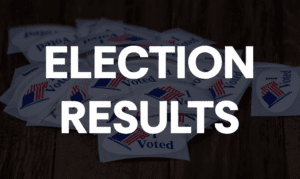The Senoia Police Dept. received approval from the City Council on July 21 to purchase a license plate reader camera system for use on one patrol car.
A $2,356 reduction in price for the Vigilant Solutions camera system puts the price tag at $15,280 and will be financed over three years after a 10 percent down payment which will come from the department’s equipment budget.
“I have spoken to numerous police chiefs around the metro area that have implemented these systems and they have nothing but good things to say about them,” said Police Chief Jason Edens. “This system would be a welcomed addition to our efforts to keeping our city safe.”
The camera system will read license plates on vehicles, whether stationary or in motion.
Once the license plate is read, the system checks the plate against data stored by both state and national crime data agencies to determine if everything is as it should be with the tag or if there are any issues. If there are any issues the system alerts the officer through his or her in-car computer and advises the officer that there is an issue and what the actual issue is, Edens said.
If flagged by the system, such as the case of the vehicle having been reported stolen, the officer will initiate a traffic stop.
Edens said data collected will be shared with local jurisdictions. That approach is also used by neighboring agencies, such as the sheriff’s office and police departments in Fayette County.
California-based Vigilant Solutions stores collected data in its system for approximately one year.
Pertaining to the length of time the collected data will be stored locally by Senoia police, Edens said that has not yet been determined.
Local law enforcement agencies maintain that the cameras represent another tool which can be employed to apprehend law-breakers, yet some citizens see tag reader cameras as yet another way to invade their privacy in an increasing sea of data collection methods because the vast majority of license plates read by the camera system will not be flagged with issues.
The perspective taken by Edens on that issue is one which takes privacy concerns into account. Aside from vehicles immediately flagged, Edens said he intends to regulate access to tag data to the department’s investigator actively working on a case.












Leave a Comment
You must be logged in to post a comment.